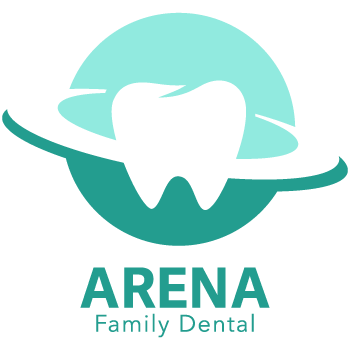Deep dental cleaning is reserved for patients who may have excess plaque and tartar buildup that increase the risk of gum disease and dental erosions. Deep cleaning itself typically involves two processes: scaling and root planing; where scaling involves meticulously removing hard, stuck on plaque and root planing helping to keep teeth securely adhered to the gums. The number of times deep cleaning is required really depends on the severity of damage to the teeth and gum line.
How Do You Know If You Need a Deep Teeth Cleaning?
There are many signs of symptoms that you may require a deep cleaning.
Firstly, inflamed and irritated gums are a major sign that a deep cleaning should be performed as soon as possible. Signs of puffy, painful gums that easily bleed is an indication of the start of gum disease. Luckily early intervention and deep cleaning can help prevent gum disease from progressing.
The second sign is tooth decay which usually has increased sensitivity and small black spots on the teeth. Increasing sensitivity over months or years is a prime indicator of poor dental hygiene, and may require deep cleaning to alleviate the symptoms.
How Often to Get Your Teeth Deep Cleaned
Deep cleaning is normally done if a patient hasn’t had routine dental cleaning for months. On average, if you haven’t visited your dentist for 6 months or greater, you may require a deep cleaning to get rid of excess tartar and plaque that have built up. However, to make sure whether you actually need a deep cleaning in the first place, your dentist will do both x-rays of your mouth to detect any issues, as well as measure any pockets within your gums to see if there are signs of active gum disease. If there are signs of damage, a deep cleaning will be performed and involves both scaling and root planing.
How Do I Care For My Teeth After Scaling and Root Planing
After any deep cleaning, expect some minor sensitivity and discomfort. To properly care for teeth after dental cleaning and prevent excess sensitivity, make sure you brush your teeth with a soft bristle for at least three days. Also, make sure you are brushing your teeth twice a day even if discomfort is present as you don’t want to undo the benefits of receiving the procedure in the first place
Flossing is also important but can be deferred for 24 hours after a deep cleaning to help prevent excess irritation.
Gargling with warm water three to five times per day for the next few days after a deep cleaning can also help soothe inflammation and prevent infection.
Lastly, avoiding foods that are overly acidic, difficult to chew, or hard can help prevent any further damage to your teeth and promote faster recovery.
Are There Alternatives to Deep Cleaning?
Unfortunately, there are no alternatives to a deep dental cleaning. The only thing you can do is try to maintain good oral hygiene and attend regularly scheduled dental visits to prevent the need for future deep cleaning. For more information visit our Worcester MA dental clinic.


